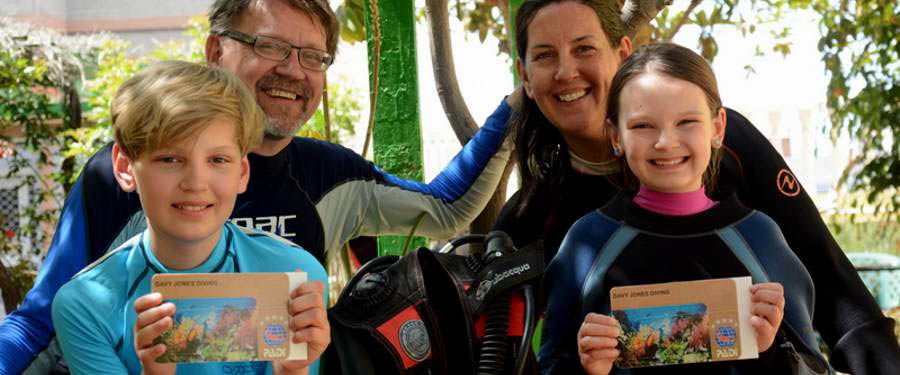For many years, some parts of Spain have had a reputation for being very unwelcoming to travelling divers with requests for ‘Medicals signed by hyperbaric Doctors’ or extra insurance or other documents. The situation came from a law created in 1996 mainly for professional divers which had a number of ambiguities when applied to recreational diving. Different provinces then interpreted the laws differently, which has added to the confusion.
Fortunately this summer, as we were coming towards the end of lock-down, a new law (Real Decreto 550/2020) was approved by the government which removed all the confusion and shows that Spain is open for Tourist divers.
The biggest change is that visitors who want to dive only need to complete the new WRSTC (World Recreational Scuba Training Council) Medical self-certification form, and if you answer ‘No’ to all the question this is sufficient for diving. If you answer Yes, then as in all other countries that use this form, you will still need a medical check, but your medical declaration will then be valid in all the countries or dive centres that use the WRSTC forms.
If you already have a medical certificate signed by a doctor, then this is also valid in Spain.
Another area where there were strong regional differences, was the minimum age for diving, which in some areas was strictly over 15, and in other areas (such as the Canary Islands) was ‘any age with Parental permission’!). The new law creates a table of maximum depths with progression by age. Children aged 8 or 9 can start with simple experiences down to 6m. From 10-11 they can undertake training and dives down to 12 metres, and from 12 to 15 with appropriate training down to 21m.
The new law has recognised ‘Recreational Diving’ as a distinct category, alongside Sports (eg Apnea) , Professional, Scientific and Military diving, and recreational divers will be able to show any valid International qualifications (including BSAC, CMAS, TDI etc) to take part in recreational activity. For divers wishing to live and work in Spain it appears that they will no longer need the ‘Tecnico Deportivo’ qualification which is aimed at sports coaches.
The new law has also clarified the minimum equipment a recreational diver should use. The basics are all included (your Buoyancy device, regulator, timing device, fins and mask), and you should carry a ‘cutting device’ (e.g. line cutter, scissors or small knife), a whistle and a delayed emergency marker buoy. At most dive centres you will find that the last three are included with equipment that you hire, or available to add to your personal equipment.
If you want to do more advanced dives outside of the normal recreational limit of 40m, then there is a higher minimum equipment requirement that includes ‘two of everything’ including two air sources and two masks and two computers or timing devices.
You are still required to have a specialist diving insurance policy which covers you for both Third Party Risks and diving medical insurance. Please remember in Spain that Hyperbaric treatment is NOT a standard part of the national medical service, so it is not covered by the European Health Card, or available to residents without a diving medical insurance policy. These are available at low cost locally (aprox €15 for a week) and International Insurance such as DAN or IDD are accepted.
In some Regions, there were suggestions in the past that shore diving was not allowed, however we have never seem anyone stopped from doing a shore dive. This has again been clarified and recreational divers can now officially dive either from the shore or from boats.
So if you have not tried diving in Spain, have a look again at some of the amazing dive sites. Along the Mediterranean coast from the Medas Islands in the North, there are wrecks, reefs and archaeological sites all the way through to the wreck diving near Gibraltar, or try the sub-tropical sites of the Canary Islands such as El Hierro, El Cabrón or La Graciosa, where you can find endangered species such as angel sharks, rays and seahorses.
With so many short-hop flights available to Spain, and the large number of Hotels and dive centres that operate all year round (especially in the Canary Islands), Spain can offer you a great destination for courses, a week of diving or even a ‘long weekend’ or short break with a couple of days of diving included. These new laws and clarifications remove the hassle from booking dives in Spain and should be more consistent from one region to another.
Author – Brian Goldthorpe is a BSAC Advanced Instructor and a PADI Master Scuba Diver Trainer. He has been diving in the Canary Islands since 2002 where he runs a diving centre in Gran Canaria – Davy Jones Diving





